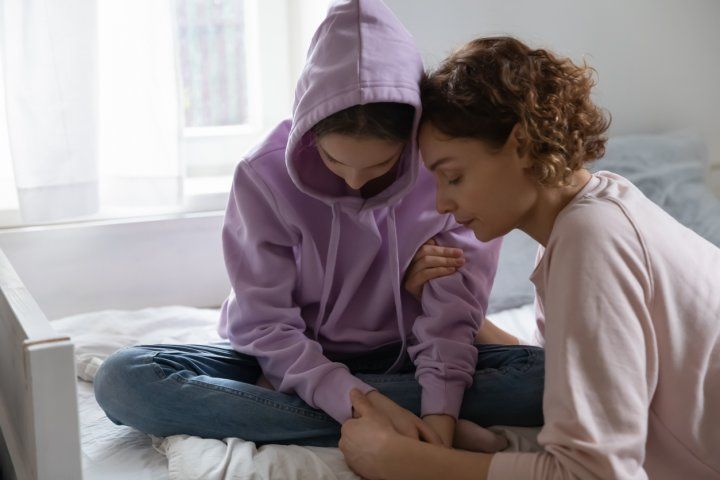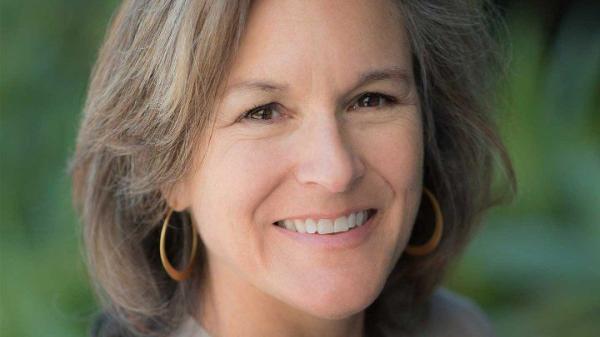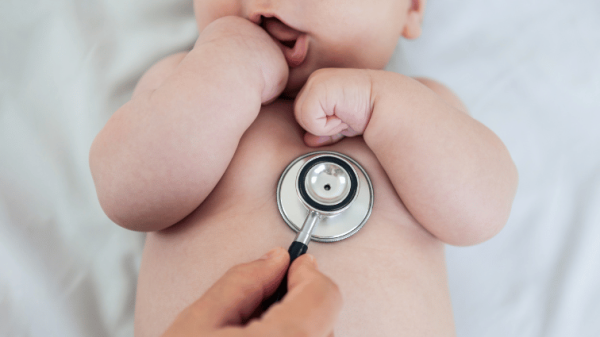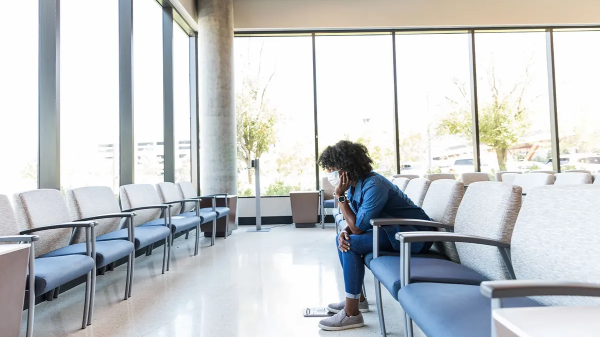Exposure to Abuse, Violence Leaves an Immune Signature
By Lindzi Wessel

Cancer and diabetes cause biological changes that doctors can detect on tests, but assessing the presence of trauma has always been up to the judgment of clinicians. Now scientists at UC San Francisco have identified an immune signature that could serve as a biomarker for severe trauma and indicate when people may be resistant to common therapies.
The study, published recently in the journal Brain Behavior and Immunity, examined immune signals in the blood of mothers participating in Child-Parent Psychotherapy (CPP) at UCSF, the leading empirically supported therapy program targeting young children and primary caregivers affected by trauma.
It found that a known immune signature—the so-called M1/M2 ratio—could predict whether mothers and children who experienced abuse would respond to a highly effective therapy for PTSD and depression. Those with high M1/M2 ratios, detectable through tests of gene expression, were much less likely to benefit from CPP.
“We have identified a new signal that demonstrates how exposure to violence and other abuse leaves a lasting mark in a survivor’s biology and affects treatment response years later,” said senior author Nicole Bush, PhD, an associate professor of psychiatry and pediatrics and a member of the Weill Institute for Neurosciences who directs the UCSF Division of Developmental Medicine. “Being able to detect such a biomarker could change psychiatry by helping us make more precise predictions about what will most help patients.”
Interpersonal Violence Increases Risk for Depression, PTSD
We have identified a new signal that demonstrates how exposure to violence and other abuse leaves a lasting mark in a survivor’s biology and affects treatment response years later.
Although CPP is highly effective, some patients still struggle. The study suggests that high M1/M2 ratios might drive an imbalance in neuroinflammatory signals that disrupt someone’s ability to unlearn deeply ingrained traumatic associations.
“Part of trauma therapy is talking about what went wrong, how to prevent it, and relearning how to feel safe in situations where you no longer need a severe fear response,” Bush said. “But if your body is still in some form of survival mode—which may be indicated by these signatures of inflammation—it may not invest as much energy into cognition, emotion processing, and the kind of relearning that is so key to trauma recovery.”
The study found that maternal inflammation was linked with poorer recovery for both the mother and the child.
“If we want to help young children, we have to help their mothers too,” said Alicia Lieberman, PhD, professor of psychiatry and a member of the UCSF Weill Institute for Neurosciences who developed CPP. “When mothers heal from trauma, they are able to help their children heal.”
The inflammatory imbalance likely comes down to disordered activation of macrophages, immune cells that recognize and attack foreign invaders but also play an important role in calming immune onslaughts once a threat is cleared. Researchers often refer to the macrophage’s pro-inflammatory offensive as M1 activation and the soothing anti-inflammatory response as M2. Thus, a high M1/M2 ratio suggests an elevated level of inflammation that could lead to problems.
“When you have an injury or trauma, you want to have inflammation but then you need to resolve it to bring things back to a resting point,” said Kirstin Aschbacher, PhD, associate professor of psychology and data scientist in the division of cardiology at UCSF, and the paper’s first author. “What we’re seeing here is that this resolution might not be happening in some patients, which is putting them at risk.”
Childhood and Pregnancy Are Key Periods for Immune System Changes
Women exposed to trauma during childhood or pregnancy may be particularly prone to developing this kind of inflammatory imbalance, according to previous research by this group.
“We need to ask ourselves if we are setting the stage for our society to be a healthy place,” says Aschbacher. “What kinds of consequences might we prevent if we were investing more in the right populations during the right windows?”
For information on funding, please refer to the journal. The authors have no conflicts of interest to disclose.
The University of California, San Francisco (UCSF) is exclusively focused on the health sciences and is dedicated to promoting health worldwide through advanced biomedical research, graduate-level education in the life sciences and health professions, and excellence in patient care. UCSF Health, which serves as UCSF’s primary academic medical center, includes top-ranked specialty hospitals and other clinical programs, and has affiliations throughout the Bay Area.




